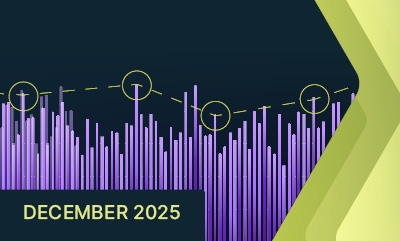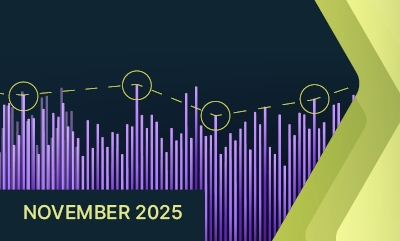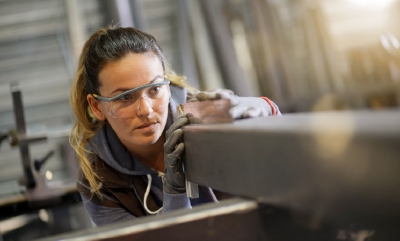Australia’s gender pay gaps, entrenched occupational segregation and uneven access to opportunities won’t close on their own, they require coordinated action across all levels of society.
Jobs and Skills Australia has released the third and final paper for the Gender Economic Equality Study. The ‘Speeding up progress towards gender economic equality’ paper sets out 10 key next steps as a call to action to governments, employers, educational and training institutions and families, especially fathers and ‘secondary’ carers on how we can supercharge progress to gender economic equality.
The paper highlights the urgent need for targeted action on gendered occupational segregation and the intersecting impacts of sex, race, culture and age discrimination, based on the study’s findings published in Paper 1 and Paper 2. Real progress will only come through a holistic approach that addresses barriers at societal, educational, industry and workplace levels and that addresses compounding disadvantage for different groups of women. Importantly, this requires commitment from all levels of government, employers and the broader skills and education sector both now and into the future.
A central feature of the proposed agenda is a three-year ‘Shifting the Dial on Gender Segregation Policy Action and Evaluation Agenda’ and a standalone ‘First Nations Women’s Economic Equality Plan’, as well as prioritised action in the finance sector and across diverse in shortage Health occupations.
The paper calls on governments to intervene earlier in the education pipeline, recommending career exploration and learning opportunities in primary and secondary schools. Breaking down stereotypes and entrenched gender norms in early education is seen as key to shifting the gender imbalance that shapes education, training and career pathways.
Read the full report and the additional information added to the Intersectional Occupational Gender Pay Gaps data explorer for more insights.






